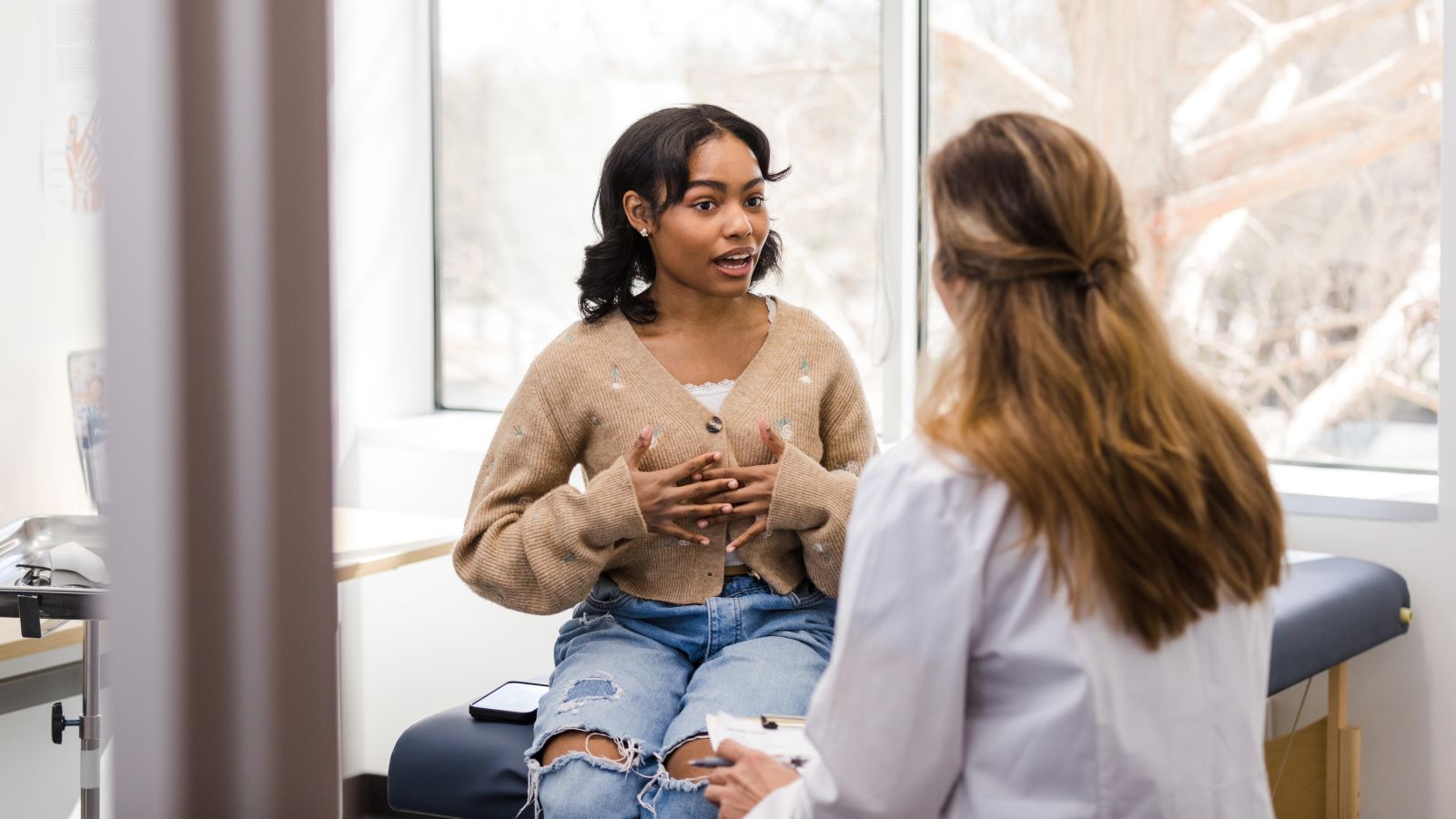<< Back
4 Most Common Cancers in Young People

October 09, 2023
Getting a cancer diagnosis at any age can feel scary. But it can be especially worrisome when you’re younger.
“Although cancers are much more common as we age, some cancers have always been seen more frequently in younger patients,” explains Peter Yu, MD, physician-in-chief at the Hartford HealthCare Cancer Institute.
Here are some of the most common cancers that affect young people – and what you can do to prevent or detect them.
1. Breast cancer
In recent years, the number of people under 40 who are diagnosed with breast cancer is increasing in the U.S.
For those who have a family history of breast cancer, it’s important to be proactive. You may need to start having mammograms earlier, or even be referred to a genetic counselor who will look for changes in your BRCA1, BRCA2 and other breast cancer genes.
2. Colon cancer
Family history definitely plays a role in colon cancer. But experts also believe that certain lifestyle factors can contribute, including:
- “Typical American diet” (i.e., red meat and fried food with fewer vegetables)
- Obesity
- Physical inactivity
- Smoking
- Heavy alcohol use
The key to prevention? Regular colonoscopies starting at age 45 (and earlier if you have a family history). And if you’re under 40 and have symptoms like bleeding in your rectum, be sure to check in with a doctor.
3. Cervical cancer
While cervical cancer can happen at any age, it’s most common in women between 35 and 44.
The good news is that the human papillomavirus (HPV) – which causes more than 9 out of 10 cases of cervical cancer – is mostly preventable with the HPV vaccine.
If you haven’t received the HPV vaccine, be sure to speak with your primary care provider about whether it’s right for you. And keep up with regular screening tests – including pap smears and HPV tests – to detect any precancerous or cancerous changes.
> Related: 3 Things You Should Know About Pap Smears and Cervical Cancer
4. Testicular cancer
Testicular cancer is the most commonly diagnosed cancer in men between the age of 15 and 35.
Monthly testicular self-exams can be key in early detection. Try doing this after a shower, when your scrotum is most relaxed. And if you feel a lump or notice any changes, be sure to speak with a doctor.